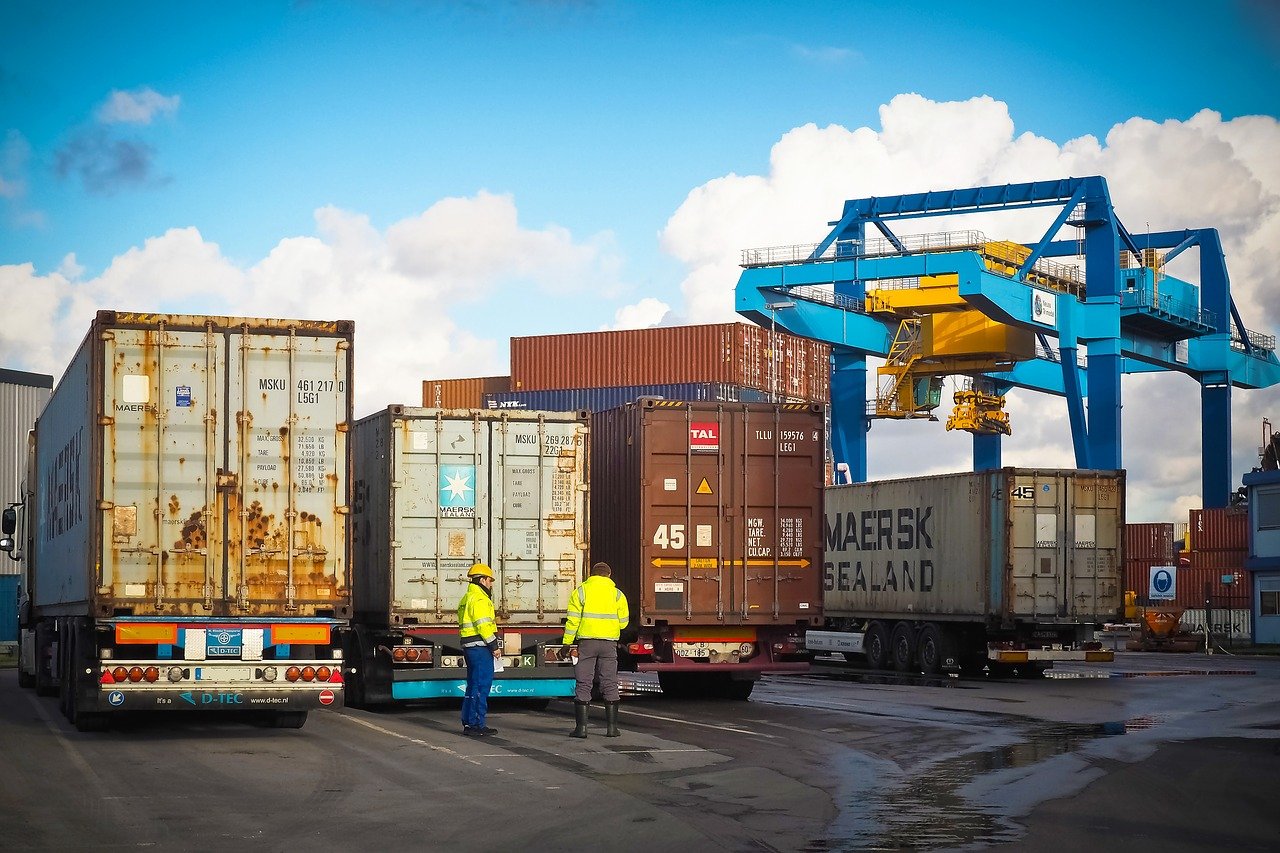
The Importance Of Maintaining Mental Health In Logistics
The logistics industry plays a critical role in keeping our global economy moving by transporting goods and products from one location to another. With the rise of e-commerce and online shopping, the demand for logistics services has increased significantly in recent years, leading to an increasingly competitive and fast-paced environment for those working in the sector.
While physical health and safety are important considerations for those working in logistics, the importance of maintaining good mental health is often overlooked. Here at Drivers Direct, we want to explore the importance of mental health in logistics and how drivers across the country can take care of themselves on the job.
The Impact of the Job on Mental Health
Working in logistics can be a demanding and stressful role. Drivers are often required to work long hours, drive long distances and manage tight delivery schedules. They may also face challenges such as traffic congestion, adverse weather and difficult road conditions.
Unsurprisingly, these challenges can have a significant impact on the mental health of drivers, for example, prolonged periods of driving can lead to fatigue, anxiety, and stress. Drivers may also experience social isolation and loneliness due to spending long periods of time on the road. These factors combined can cause depression, anxiety, and other mental health issues.
The Importance of Mental Health in Logistics
It is crucial for drivers to prioritise their mental health as it can directly impact their ability to perform their jobs safely and effectively. When drivers look after their mental health, they can make better decisions, stay alert, and react quickly to any situation that arises on the road, creating a safer environment for themselves and other road users.
In addition to the safety benefits, taking care of mental health can also lead to greater job satisfaction and improved performance. Drivers who care about their mental health can concentrate better, manage their emotions more effectively, and communicate clearly and positively with their colleagues and customers. This not only helps create a positive work environment but also improves the overall experience for everyone involved.
Tips for Maintaining Good Mental Health
Now that we know that having good mental health is very important when working within logistics, we can discuss how we can maintain a positive outlook whilst on the road.
Prioritise Sleep: Getting enough sleep is essential for your mental health. After long hours on the road, drivers should try to get at least seven to eight hours of sleep each night.
Stay Active: Regular exercise can help to reduce stress and anxiety and improve your mood. Try to incorporate exercise into your routine by taking regular breaks to stretch or do simple exercises in your vehicle.
Eat a Healthy Diet: Whilst this can be difficult on the road, maintaining a balanced diet that includes plenty of fruits, vegetables and whole grains can help to improve your mood and energy levels.
Connect with Others: Social support is essential for good mental health. It’s very important that you stay connected with family and friends whilst on the road. Take regular breaks from driving to contact family through phone calls, video chats, and even catch up with friends through social media.
Take Breaks: Taking regular breaks can help to reduce stress and prevent fatigue. You should aim to take a break every two hours to stretch your legs and rest your eyes.
Seek Help: If you are struggling with mental health issues, it’s imperative that you speak out. You can seek help from a mental health professional or even talk to your employer about resources that are available.
We hope you can take away some points from this blog to improve your mental health and continue a positive and effective journey whilst on the road!
Looking for more tips for being on the road? Check out some of our previous blogs.









